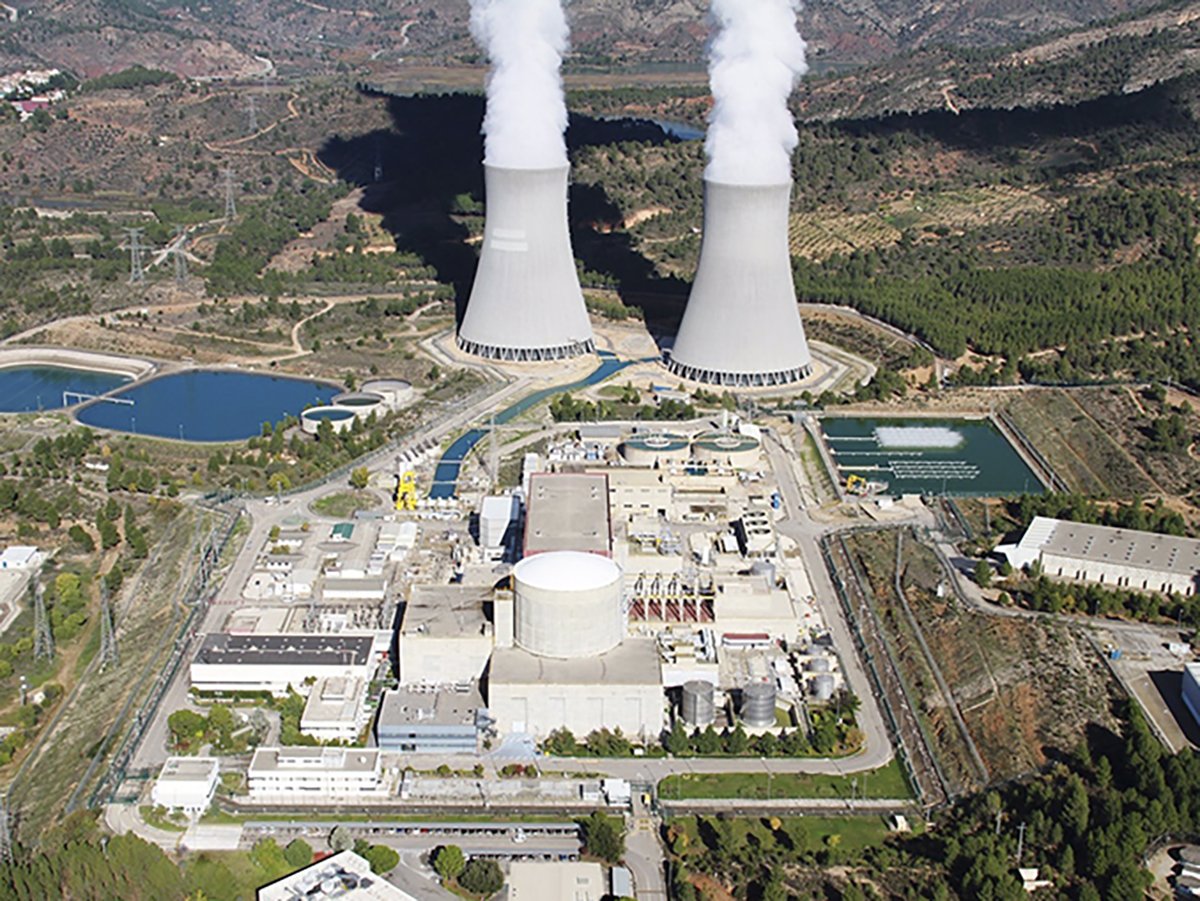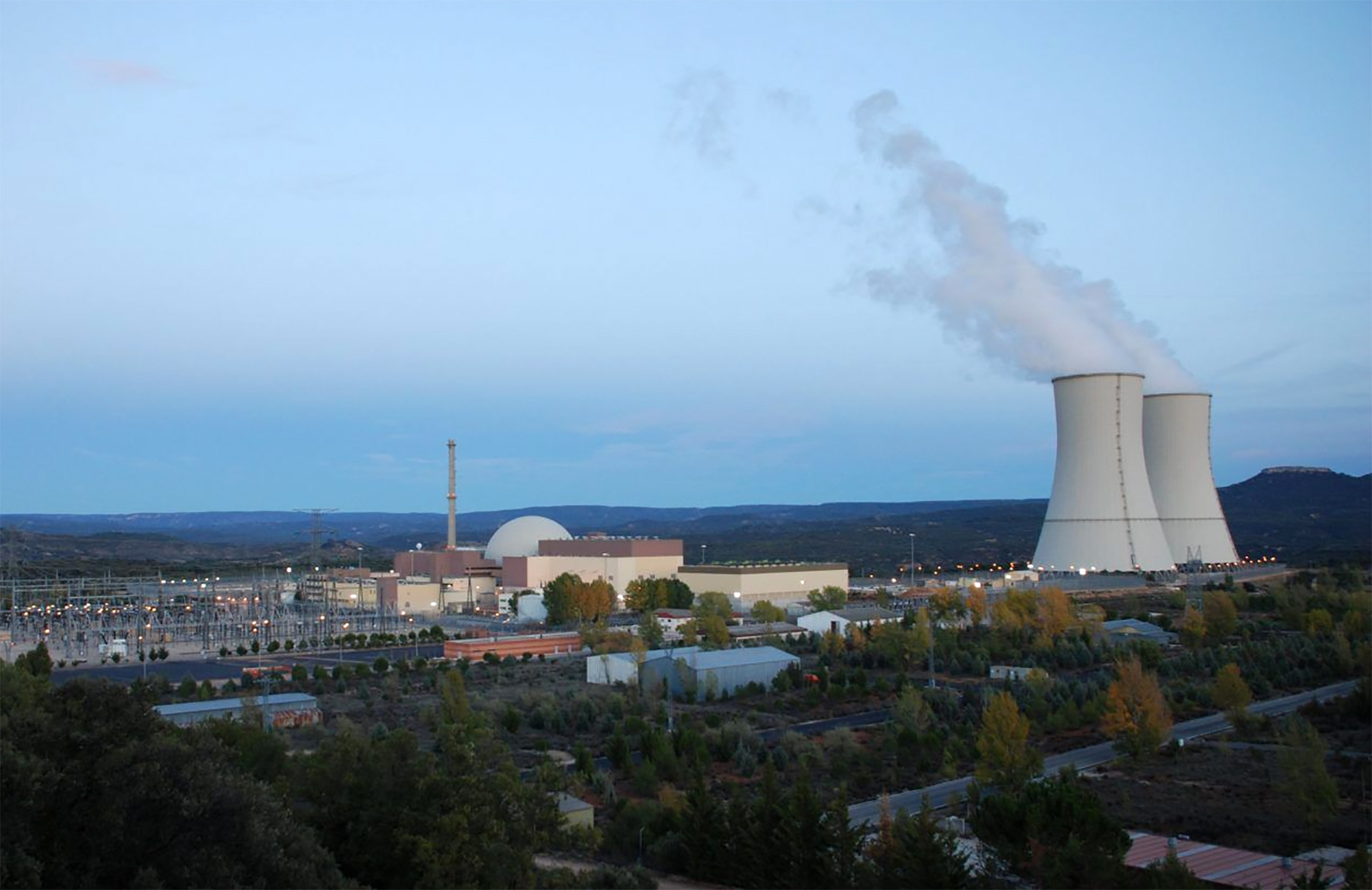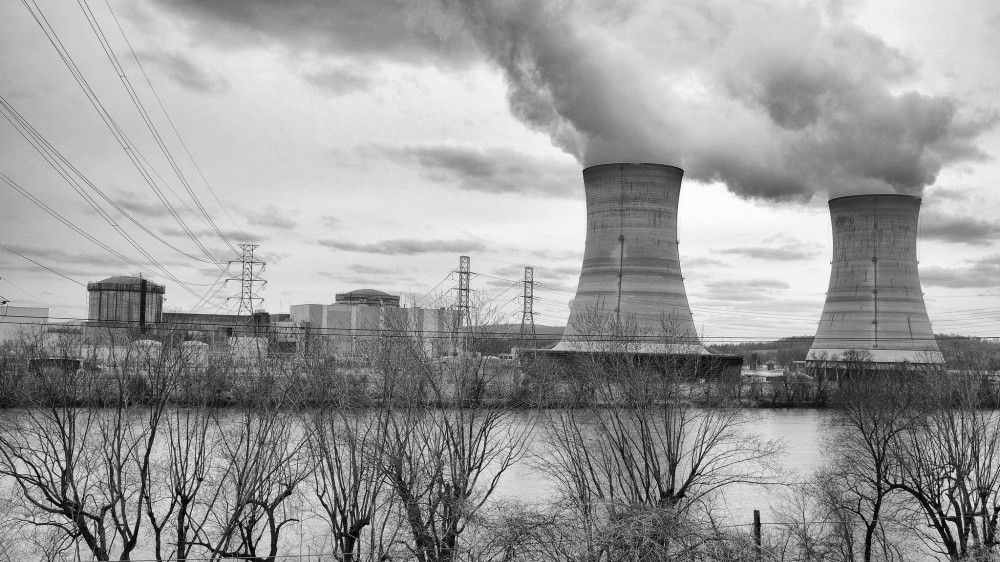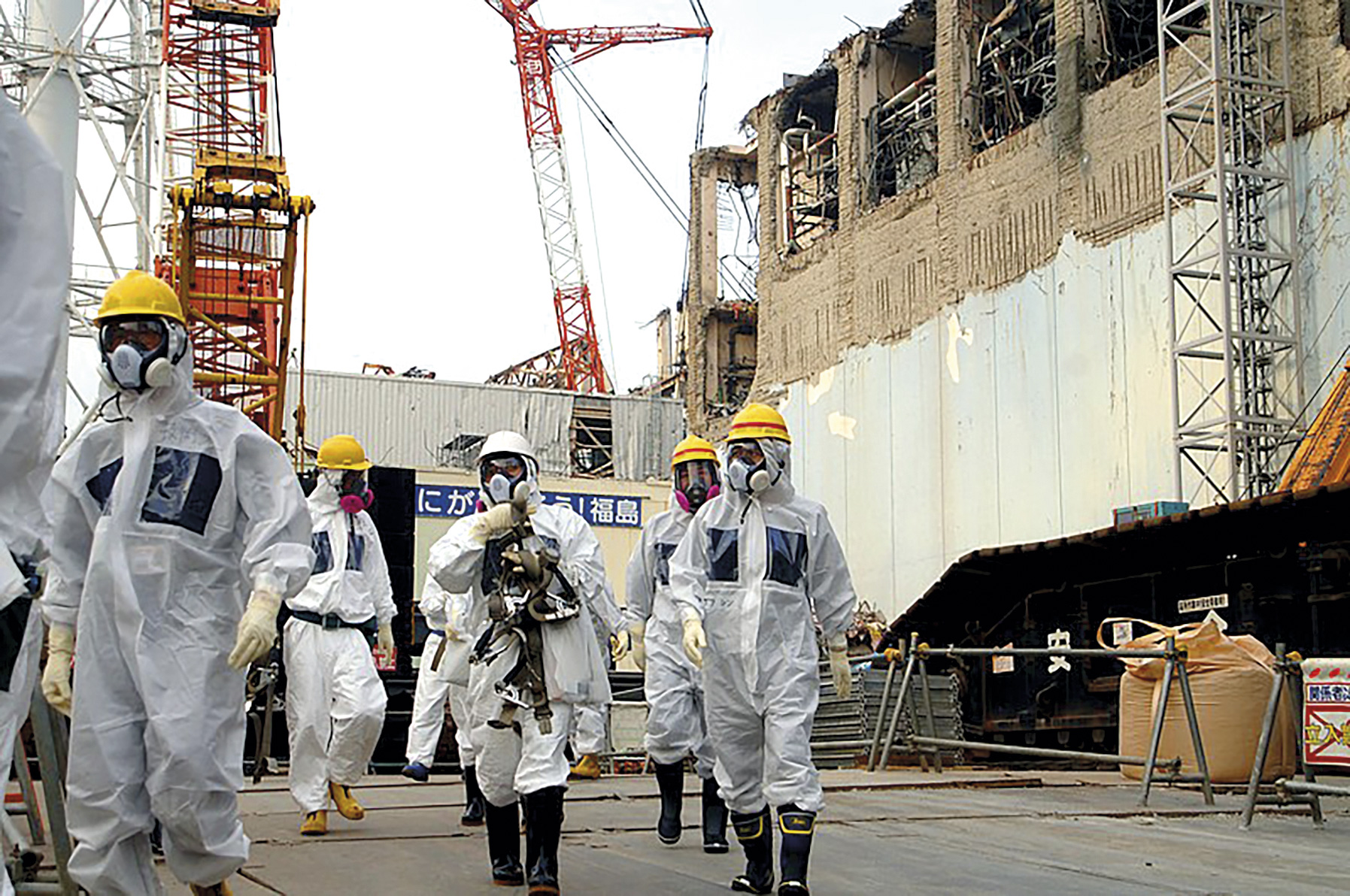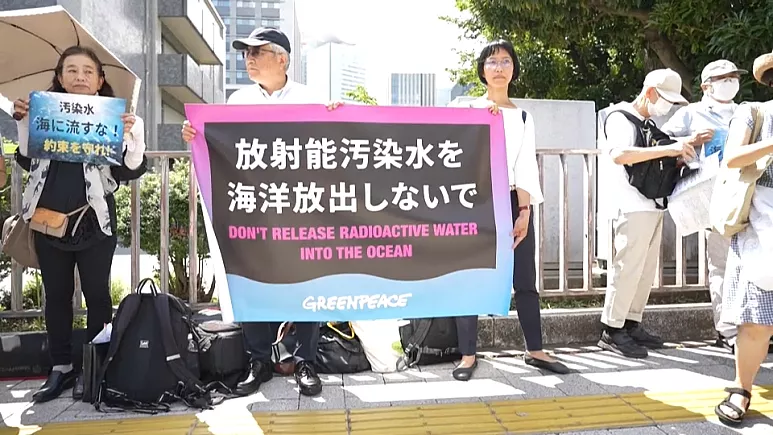The European Parliament calls for nuclear to be considered clean energy
- Parliament adopted the agreement by an absolute majority on Tuesday 21: 456 in favour and 153 against. It therefore urges the European Commission to adopt in the European Emissions Free Industry Act nuclear energy is being prepared among the zero-emitting energies.

The European Parliament had already approved nuclear as green energy, but with the current approval it intends that this energy be integrated into zero emissions, facilitating processes and saving time in the management and authorisation of industrial processes. For a number of reasons, in recent decades, nuclear energy has had many difficulties in making progress, and this is intended to increase investment by investors.
The European Union aims to achieve 40% of energy produced from renewable energy by 2030. It has called zero emissions technologies such as photovoltaic, wind, battery-based, heat pumps and geothermal energy, biogas and biomethane, and now also nuclear.
Now the European Parliament, the European Commission and the European Council must agree a law. Lobby pressure has been high on the road to the integration of nuclear into the renewables as explained in this report by Jenofa Berhokoirigoin.
The EU held the Energy Council in Stockholm, the capital of Sweden in April of this year. France promoted the partnership to facilitate nuclear energy policies, with which Bulgaria, Croatia, Hungary, Finland, the Netherlands, Poland, the Czech Republic, Romania, Slovakia and Slovenia joined.
Germany, Belgium, Portugal and Spain are opposed to the promotion of nuclear energy. Currently no nuclear energy is produced in the following 14 EU countries: Denmark, Estonia, Ireland, Greece, Croatia, Italy, Cyprus, Latvia, Lithuania, Luxembourg, Malta, Austria, Poland and Portugal.
The most expensive uranium
At this time when it is intended to facilitate the transition to nuclear, one of the problems that this type of energy will have for the future is the increase in uranium, which has been the most expensive in the last fifteen years. In addition, many authors have pointed out that uranium production will be under its roof by 2025, and from there production will decrease and continue to increase. According to others, this will happen between 2020 and 2050. In any case, as the graph below shows, the EU intends to boost nuclear energy, but does not produce almost uranium, and is therefore also driving dependence on other countries.
Espainiako Estatuko zentral nuklearrak itxi ez daitezen aktoreen presioak gora jarraitzen du. Otsailaren 12an Espainiako Kongresuak itxi beharreko zentral nuklearrak ez ixteko eskatu zion Espainiako Gobernuari, eta orain berdin egin dute Endesak eta Iberdrolak.









